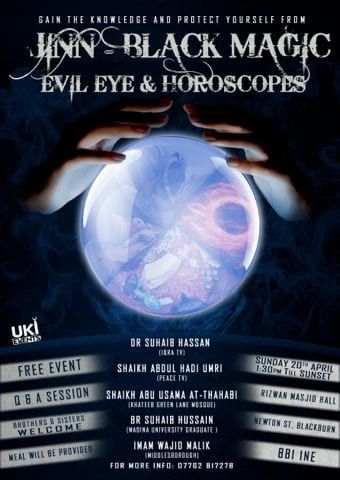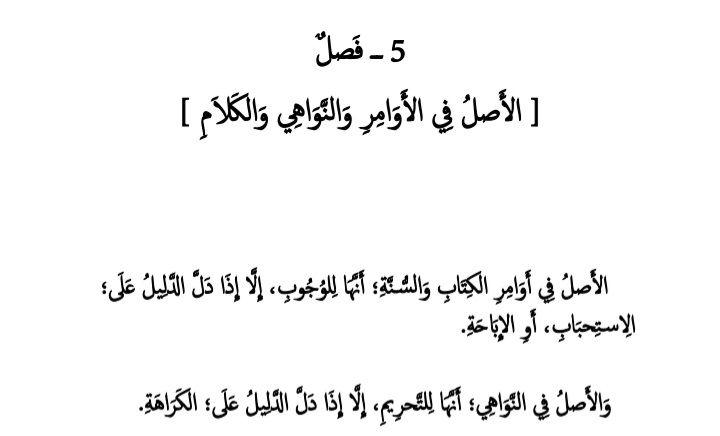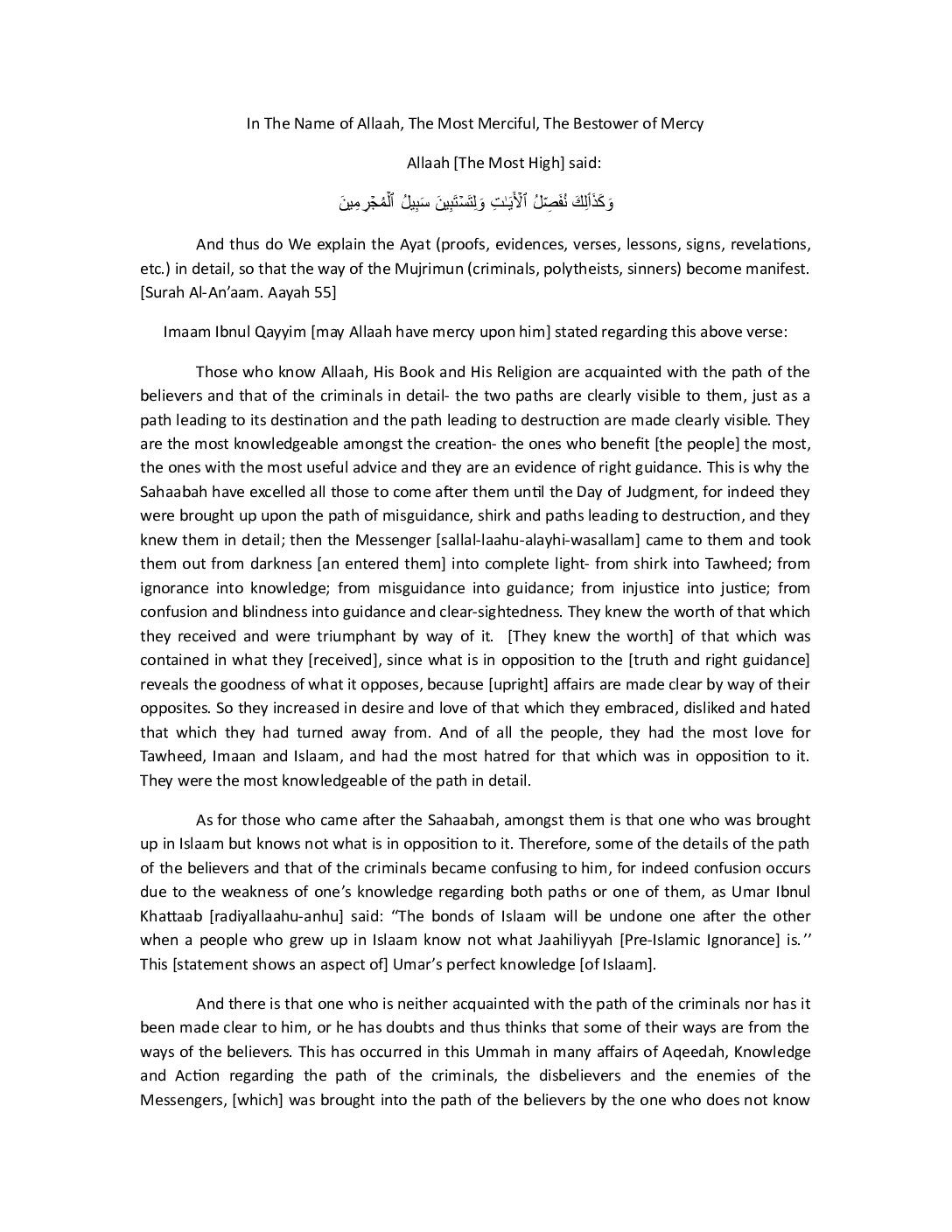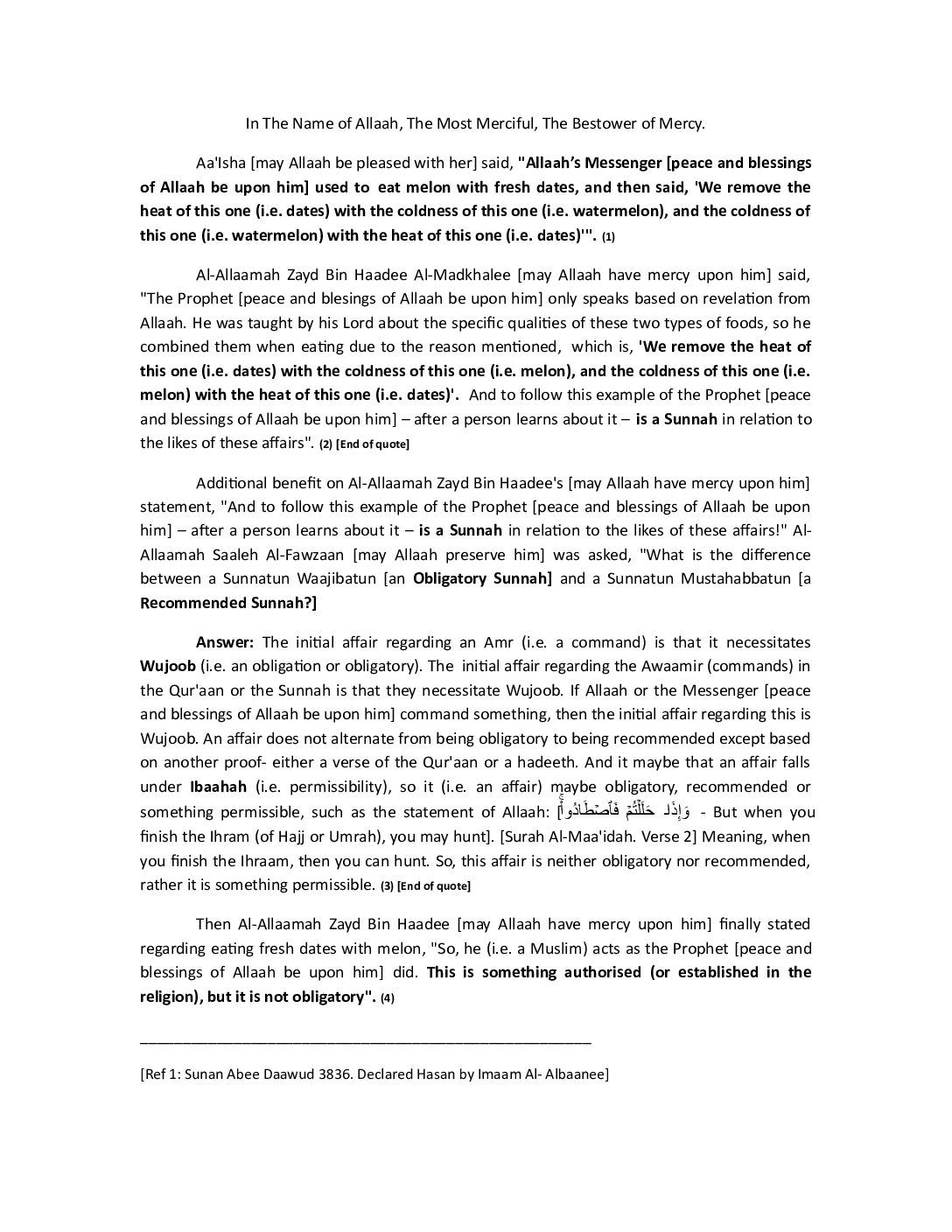A Warning Against Cutting The Ties of Kinship
In The Name of Allaah, The Most Merciful, The Bestower of Mercy.
Question: Is it obligated on a woman to keep the ties of kinship? Can you clarify this for us and may Allaah reward you.
Answer: keeping the ties of kinship is obligated on every person-both men and women. Allaah [The Most High] said:
فَهَلْ عَسَيْتُمْ إِن تَوَلَّيْتُمْ أَن تُفْسِدُوا فِي الْأَرْضِ وَتُقَطِّعُوا أَرْحَامَكُمْ
أُولَٰئِكَ الَّذِينَ لَعَنَهُمُ اللَّهُ فَأَصَمَّهُمْ وَأَعْمَىٰ أَبْصَارَهُمْ
Would you then, if you were given the authority, do mischief in the land, and sever your ties of kinship? Such are they whom Allah has cursed, so that He has made them deaf and blinded their sight. [47:22-23]
Allaah (Glorified be He and free is He from all imperfections) said: [ وَاتَّقُوا اللَّهَ الَّذِي تَسَاءَلُونَ بِهِ وَالْأَرْحَامَ – And fear Allah through Whom you demand your mutual (rights), and (do not cut the relations of) the wombs (kinship)]. [4:1]
Your kinship ties include everyone related to you, regardless whether they are close or distant relatives. Your mother is the closest relative to you and the one more deserving of your kind treatment, and then your father. Abu Hurairah (radiyallaahu-anhu) reported that a man said: O Messenger of Allaah! Who among the people is the most worthy of my good companionship? The Prophet (sallal-laahu-alayhi-wasallam) said: Your mother. The man said, ‘Then who?’ The Prophet said: Then your mother. The man further asked, ‘Then who?’ The Prophet said: Then your mother. The man asked again, ‘Then who?’ The Prophet said: Then your father. [Hadeeth reported by Muslim]
After your mother and father, those who are closest to you are your children, blood brothers and sisters, uncles (or aunts) and cousins. And whenever a person is closer to you as a relative, he (or she) is entitled to more rights from you. Keeping the ties of kinship should be established in accordance with one’s ability, so if your relatives live with you in the same country or close by, it is obligatory to visit them, honour them, show them kindness and assist them if they are in need.
Written correspondence and other means of communication, such as telephones and other modern means of communication are all good means through which close contact can established between many people living far away from each other. Therefore, it is obligated on a person to use them for what will make a person get close to Allaah by keeping the ties of kinship.
However, this (keeping contact through the modern means of communication) is not enough, rather it is obligated on a Muslim to visit his (or her) relatives in person, especially if they are in the same country or close by. But if they live far away, then one should strive to the best of his ability to keep in touch with them and utilise every means that is available to keep in touch. A person should be committed to that in order to receive the reward for keeping the ties of kinship. He (she) should not be among those who cut the ties of kinship because cutting the ties of kinship is a dangerous affair. Allah (Glorified be He and free is He from all imperfections) said:
فَهَلْ عَسَيْتُمْ إِن تَوَلَّيْتُمْ أَن تُفْسِدُوا فِي الْأَرْضِ وَتُقَطِّعُوا أَرْحَامَكُمْ
أُولَٰئِكَ الَّذِينَ لَعَنَهُمُ اللَّهُ فَأَصَمَّهُمْ وَأَعْمَىٰ أَبْصَارَهُمْ
Would you then, if you were given the authority, do mischief in the land, and sever your ties of kinship? Such are they whom Allah has cursed, so that He has made them deaf and blinded their sight. [47:22-23]
And Allah knows best.
[Source: Fadaa’il Al-A’maal Pages 22-22’ by Shaikh Muhammad Bin Abdillaah As-Subayyil (rahimahullaah). Slightly paraphrased]








